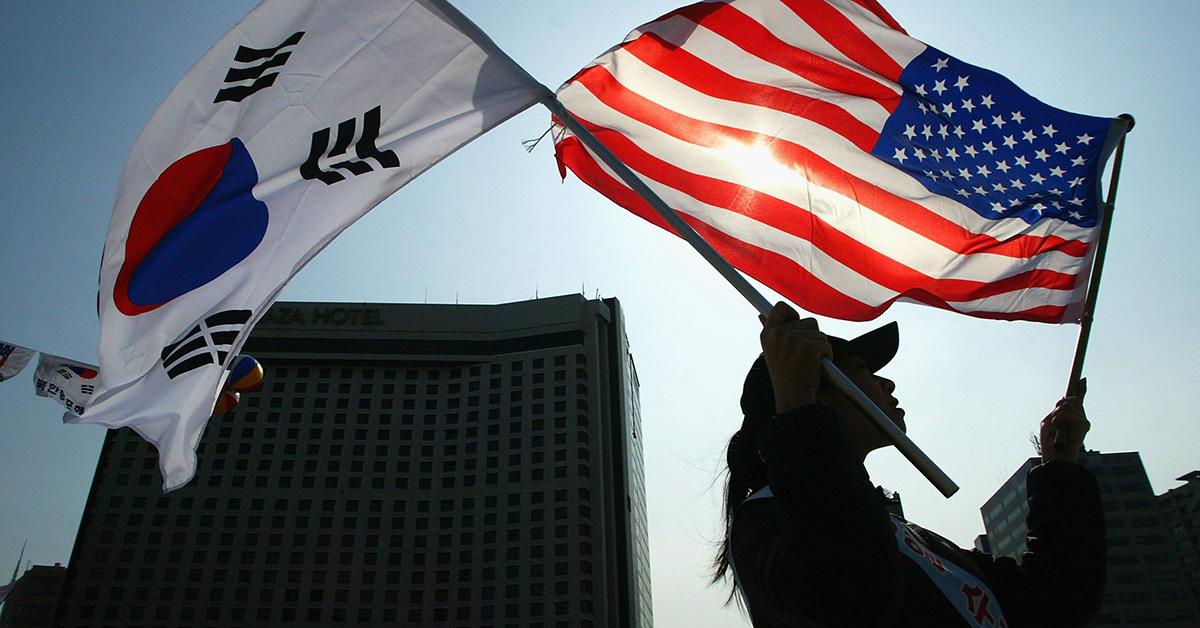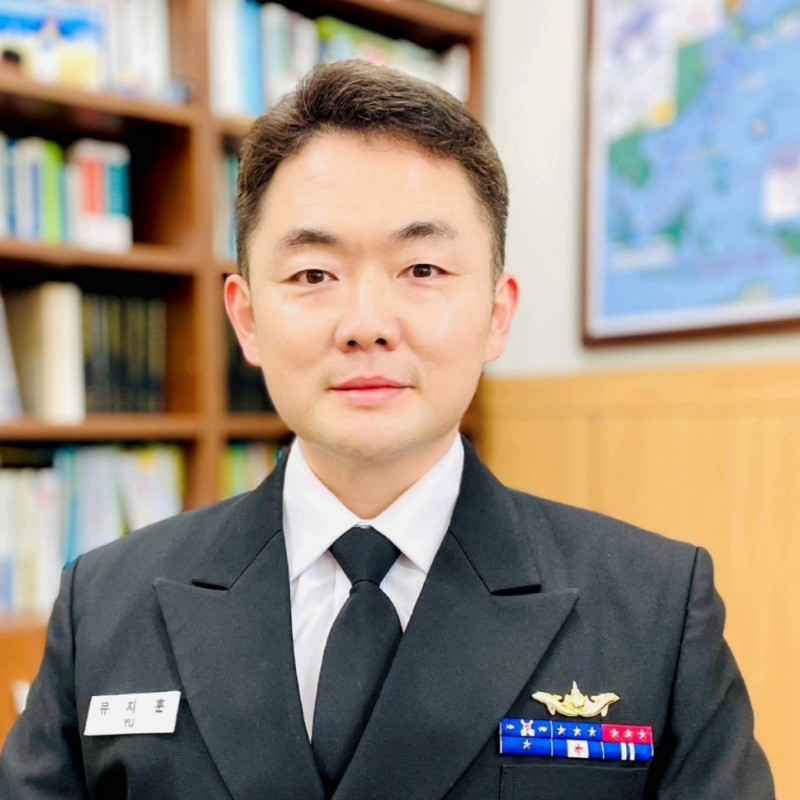The Republic of Korea (ROK)-United States (US) alliance has been a cornerstone of East Asian security since the Korean War. As Donald Trump’s inauguration approaches, the alliance faces both challenges and opportunities. Trump’s presidency, marked by transactional diplomacy, a focus on burden-sharing, and often unpredictable foreign policy, necessitates that South Korea navigate its domestic political dynamics while ensuring the alliance remains robust. Beyond responding to immediate shifts in US policies, South Korea must adopt consistent and strategic foreign and security policies to safeguard the alliance. Central to this is the recognition that the strength of the partnership relies on shared values, mutual goals, and trust that both nations have the will and capability to achieve these objectives together.
South Korea’s presidency plays a critical role in shaping the trajectory of the ROK-US alliance. The alignment—or misalignment—of priorities between the South Korean president and President Trump will profoundly impact bilateral relations. Conservative administrations, which traditionally support a strong US alliance and a hardline stance against North Korea, may initially find common ground with Trump’s rhetoric. However, Trump’s persistent demands for significantly increased financial contributions to host US troops could test even the most pro-US administrations by risking public dissatisfaction and eroding trust. Progressive administrations, on the other hand, may encounter friction with Trump’s transactional approach, especially when emphasizing engagement with North Korea or advocating greater defense autonomy. Regardless of political orientation, South Korea’s leadership must prioritize policies that align with the alliance’s core values and objectives to maintain coherence and stability.
Public opinion in South Korea also plays a pivotal role in shaping the alliance under a Trump administration. Issues such as burden-sharing, troop presence, and defense expenditures are likely to spark domestic debates. Trump’s demands for sharply increased financial contributions have already faced resistance, with many South Koreans perceiving them as undermining mutual defense principles. Although anti-American sentiment is less pronounced today than in past decades, perceptions of US unilateralism could rekindle skepticism toward the alliance. To counteract this, South Korea’s leadership must communicate the alliance’s strategic and tangible benefits to the public. By emphasizing shared values such as democracy, freedom, and the rule of law, leaders can reinforce the legitimacy of the partnership.
The enduring strength of the ROK-US alliance lies in mutual trust—the belief that both nations share common ideals like security, stability, and prosperity, and the capability to achieve them together. Trust is particularly vital under Trump’s presidency, where short-term transactional thinking could otherwise overshadow long-term strategic objectives. While South Korea’s investments in military modernization and its proactive role in regional security bolster US confidence, Washington must reaffirm its unwavering commitment to extended deterrence and the alliance’s broader goals. Without such trust, the alliance risks devolving into a transactional arrangement vulnerable to political shifts and short-term pressures.
To adapt to Trump’s presidency and ensure the alliance’s resilience, South Korea must pursue long-term strategies that transcend political changes. Institutionalizing alliance management through structured dialogues and strengthened joint committees can minimize disruptions from leadership transitions. Enhancing military readiness and modernizing defense capabilities will enable South Korea to negotiate burden-sharing from a position of strength, reducing dependence on the US. Reaffirming shared values and strategic objectives, such as regional peace and democratic principles, will reinforce the partnership’s ideological foundation. Additionally, aligning inter-Korean initiatives with broader alliance goals ensures that South Korea’s engagement with North Korea complements its commitments to the US. Public diplomacy will be crucial in maintaining domestic support, while international outreach can bolster the alliance’s global legitimacy.
South Korea should also consider diversifying strategic partnerships and engaging in multilateral frameworks, such as ASEAN and regional security forums, to enhance its leverage in the Indo-Pacific. By broadening its strategic footprint, South Korea can maintain its autonomy while reaffirming the ROK-US alliance as the cornerstone of its security strategy.
As Trump’s presidency begins, South Korea must navigate domestic political pressures, public sentiment, and external challenges to maintain a strong ROK-US alliance. Ultimately, the alliance’s strength depends on mutual trust and the belief in shared goals. By adopting consistent and strategic policies that reaffirm shared values, adapt to evolving realities, and strengthen mutual capabilities, South Korea can ensure the alliance remains a stabilizing force for peace and prosperity in the Indo-Pacific region. The ROK-US partnership, grounded in shared ideals and collective resolve, remains indispensable for navigating the challenges of the Trump era and beyond.

Jihoon Yu
Jihoon Yu is the director of external cooperation and associate research fellow at the Korea Institute for Defense Analyses. Jihoon was the member of Task Force for South Korea’s light aircraft carrier project and Jangbogo-III submarine project. He is the main author of the ROK Navy’s Navy Vision 2045. His area of expertise includes the ROK-U.S. alliance, the ROK-Europe security cooperation, inter-Korean relations, national security, maritime security, hybrid-threats, and strategic weapons systems. He earned his MA in National Security Affairs from the U.S. Naval Postgraduate School and Ph.D. in Political Science from Syracuse University.
- Jihoon Yu#molongui-disabled-link
- Jihoon Yu#molongui-disabled-link
- Jihoon Yu#molongui-disabled-link
- Jihoon Yu#molongui-disabled-link













